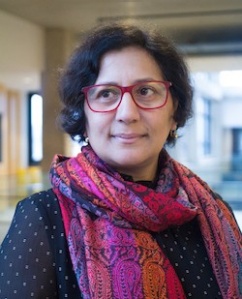Internationalization & Intercultural Competency

Internationalization in higher education can be explained as a process where a higher education institutional through academics, services, research, and the environment puts in efforts and resources to prepare their students for an interconnected, global world to live and to work effectively and ethically.
Living in a globally connected world, ALL students are international students, and they deserve an education focused on their needs and aspirations as well - an education that connects them with the communities and the world outside and beyond their classrooms.
The following terms and concepts will help you understand and explore Internationalization of Curriculum (IoC) and Intercultural teaching Competency (ITC) for your work at Dalhousie University.
If you are interested in undertaking any of the initiatives above, please contact Shazia Nawaz Awan, Educational Developer (Internationalization & Intercultural Competency) at Shazia.Awan@dal.ca. We look forward to supporting your work.

